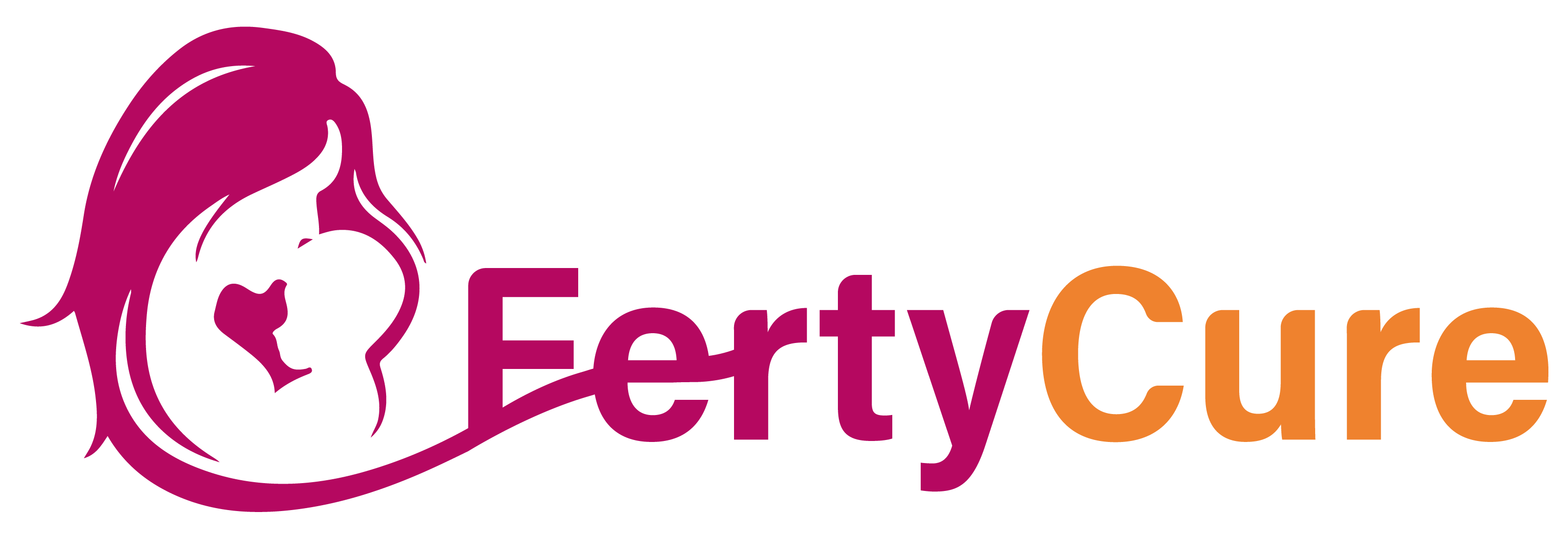Table of Contents
PCOS and Infertility: Debunking Common Myths
Outline
- Introduction
- Myth: PCOS Always Leads to Infertility
- Myth: Only Overweight Women with PCOS Face Infertility Issues
- Myth: PCOS Is Always Symptomatic
- Myth: PCOS Is a Rare Condition
- Myth: Infertility Treatments Don’t Work for Women with PCOS
- Myth: PCOS Is Curable
- Myth: Women with PCOS Will Never Have a Natural Pregnancy
- Myth: PCOS Is Just a Fertility Issue
- Myth: Women with PCOS Should Avoid Exercise
- Myth: PCOS Only Affects Women of Reproductive Age
- Conclusion
- FAQs
- Custom Message
Article
Introduction
The most common curiosity running around the topic of PCOS and infertility is what causes PCOS and is PCOS treatment available. This is the best place to get the most relevant answer If you are also having the same curiosity.
Polycystic Ovary Syndrome (PCOS) is a common hormonal disorder affecting many women around the world. Among the various challenges faced by women with PCOS, infertility stands out as one of the most distressing. Unfortunately, PCOS and infertility are often surrounded by numerous myths and misconceptions, leading to unnecessary anxiety and misunderstanding. In this article, we will explore and debunk some of the common myths surrounding PCOS and infertility.
Must Read: what causes PCOS and its management
Myth: PCOS Always Leads to Infertility
Fact: While infertility can be a symptom of PCOS, it is not a guarantee for every woman with the condition. PCOS is characterized by hormonal imbalances, leading to irregular menstrual cycles and ovulation problems. However, with proper medical intervention, lifestyle changes, and timely care, many women with PCOS can conceive and have successful pregnancies.
Myth: Only Overweight Women with PCOS Face Infertility Issues
Fact: While weight can play a role in PCOS and its associated challenges, it is not the sole determinant of infertility. Thin or normal-weight women with PCOS may also experience difficulties conceiving due to irregular ovulation or other hormonal factors. Seeking medical advice and early intervention can help women regardless of their weight.
Myth: PCOS Is Always Symptomatic
Fact: PCOS can present differently in different women. Some may experience noticeable symptoms like irregular periods, excessive hair growth, and acne, while others may have no obvious signs. Asymptomatic PCOS can still lead to infertility concerns, making regular health check-ups and evaluations crucial for early detection and management.
Myth: PCOS Is a Rare Condition
Fact: PCOS is surprisingly common, affecting approximately 1 in 10 women of childbearing age. It is essential for women to be aware of the symptoms and risk factors associated with PCOS, especially if they are planning to conceive or facing fertility challenges.
Myth: Infertility Treatments Don’t Work for Women with PCOS
Fact: Fertility treatments, such as ovulation-inducing medications, in vitro fertilization (IVF), and other assisted reproductive technologies, have shown significant success rates in helping women with PCOS conceive. A personalized treatment plan, tailored to each woman’s specific needs, can improve the chances of pregnancy.
Myth: PCOS Is Curable
Fact: PCOS is a chronic condition and currently has no cure. However, its symptoms and impact can be managed effectively through various treatment options, including lifestyle changes, medication, and assisted reproductive technologies.
Myth: Women with PCOS Will Never Have a Natural Pregnancy
Fact: Many women with PCOS can conceive naturally, especially with lifestyle adjustments and proper medical care. It is crucial for women with PCOS to work closely with healthcare professionals to monitor their ovulation cycles and maximize their chances of natural conception.
Myth: PCOS Is Just a Fertility Issue
Fact: PCOS is not solely about fertility. It is a complex hormonal disorder that can also lead to other health concerns, such as insulin resistance, diabetes, heart disease, and mental health issues. Seeking comprehensive healthcare is essential for managing PCOS effectively.
Myth: Women with PCOS Should Avoid Exercise
Fact: On the contrary, regular exercise can be beneficial for women with PCOS. It can help improve insulin sensitivity, aid in weight management, and promote overall well-being. Engaging in a balanced exercise routine is advisable for women with PCOS.
Myth: PCOS Only Affects Women of Reproductive Age
Fact: While PCOS typically manifests during the reproductive years, its effects can extend beyond that. Women with PCOS may still experience hormonal imbalances and related health challenges during menopause and beyond. The most common question regarding PCOS and infertility is
- the best age to get pregnant with PCOS and
- how to get pregnant with PCOS quickly.
- getting pregnant with PCOS after 30
The answer to this question will differ from person to person. Your doctor will help you to find the personalized answer to the same.
Conclusion
Debunking myths surrounding PCOS treatment in india and infertility is crucial for empowering women with accurate information. PCOS is a common condition that affects various aspects of a woman’s health, including fertility. However, with the right medical care, lifestyle modifications, and support, women with PCOS can increase their chances of conception and lead fulfilling lives.
FAQs
- Can PCOS be cured?
PCOS is a chronic condition with no cure, but its symptoms can be managed effectively through various treatments.
- Is infertility guaranteed with PCOS?
While infertility can be a concern for some women with PCOS, not every woman will face this challenge.
- Are fertility treatments expensive?
The cost of fertility treatments can vary, but there are often options for financial assistance and insurance coverage.
- Can PCOS develop later in life?
PCOS typically manifests during the reproductive years, but hormonal imbalances can still occur during and after menopause.
- Does PCOS increase the risk of other health problems?
PCOS is associated with an increased risk of conditions like diabetes, heart disease, and mental health issues, emphasizing the need for comprehensive care.

